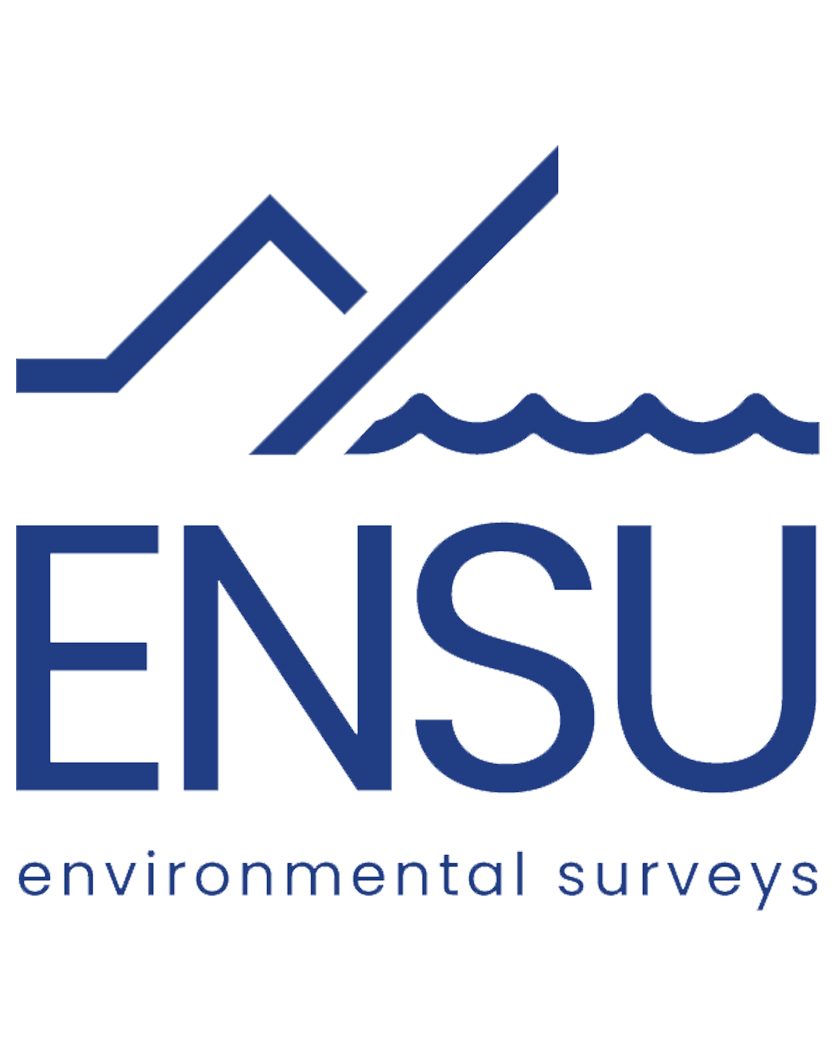Geothematic map of the Altamura dinosaur tracksite (early Campanian, Apulia, southern Italy)
RIVISTA: Geological Field Trips and Maps
ANNO: 2022
KEYWORD: dinosaur footprints, Late Cretaceous, Apulia Carbonate Platform, Aerial and Close-range Photogrammetry, sUAS – small Unmanned Aerial System
ABSTRACT:
In 2019 a multidisciplinary study of the Altamura dinosaur tracksite (Apulia, southern Italy; early Campanian) was carried out to meticulously document its geological and palaeontological features. The goal was to pave the way for projects aimed at long-term conservation and valorisation of the geo-palaeontological heritage. For this purpose, a mapping of the whole track-bearing surface was performed, which led to the production of the first geothematic map (1:200) of the whole ichnosite. During the field activities, the surface was subdivided into 34 distinct sectors. For each sector, the work started with accurate manual and mechanical cleaning of the surface (industrial vacuum cleaner). The ichnological survey was carried out using standard methods (interpretative drawings with chalks to highlight outline and morphological features of each track). This approach was combined with close-range photogrammetry to obtain detailed 3D models of the best-preserved specimens. Finally, each sector was surveyed through aerial-based photogrammetry by means of sUAS (small Unmanned Aerial System). The aerial survey allowed us to gain a high-resolution and georeferenced orthophoto processed by using specific software. The field ichnological drawings occurring on each orthophoto were then traced and vectorised. The final step was the overlapping of each digitized sector and the processing of the tracksite map. The products of our study (geothematic map and 3D models of dinosaur tracks) highlight the extraordinary richness of the Altamura tracksite (26,000 footprints and 12 distinct trackways), confirming the high impact of new methodologies (close-range and aerialbased photogrammetry) as useful tools both for ichnological studies and future activities of public fruition of the geosite.

